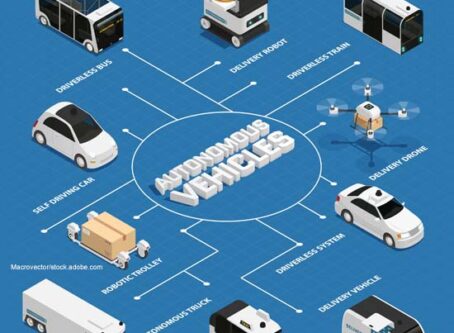Highway bill: The good news and the bad news
The House Committee on Transportation and Infrastructure unveiled the framework of a five-year, $547 billion highway bill on Friday, June 4.
The INVEST in America Act represents an increase over last year’s $494 billion highway bill and would dedicate $343 billion to roads, bridges, and safety.
Let’s start with the good news for truckers.
Following through on House T&I chairman Peter DeFazio’s promise to OOIDA President Todd Spencer earlier this year, the INVEST in America Act includes a significant investment to create truck parking. The bill would provide $1 billion over five years for a grant program to address the shortage of parking for commercial motor vehicles to improve the safety of commercial motor vehicle drivers.
The $1 billion investment surpasses the $755 million over five years sought in the Truck Parking Safety Improvement Act.
Now to the bad news, and there’s plenty of it.
The bill includes measures to:
- Increase minimum insurance requirements on motor carriers from $750,000 to $2 million.
- Initiate a rulemaking for sleep apnea screenings.
- Require FMCSA to review its changes to the hours-of-service rules established in 2020 and to create specific limits on the use of personal conveyance.
- Require new heavy-duty commercial motor vehicles to be equipped with automatic emergency braking.
- Research and consider the feasibility of installing side underride guards.
- Return CSA scores to public view.
- Create new authority for congestion pricing.
OOIDA reaction
The Owner-Operator Independent Drivers Association said it was pleasantly surprised by the “remarkable” investment of $1 billion to address the truck parking crisis, but it will aggressively oppose the bill until the insurance increase and several other “anti-trucker provisions” are removed.
“Everyone knows this increase will do absolutely nothing to improve safety on our highways and will destroy small trucking businesses,” OOIDA President Todd Spencer said. “What good is a highway bill when it does more to support the unbridled greed of trial lawyers than truckers?”
Dubbed the “poison pill” by OOIDA when the measure was added to last year’s highway bill that ultimately failed in the Senate, the insurance increase would increase motor carriers’ minimum liability insurance by 167%.
OOIDA worked to keep the insurance increase from becoming law last year and is continuing the fight as the measure finds its way into a highway bill for a second consecutive year.
The increase is far less than Rep. Chuy Garcia’s standalone bill, the Insurance Act, which calls for an increase to $4.923 million or by 556%. However, OOIDA says that nearly tripling the minimum requirement would still be devastating to small-business truckers.
“Increasing minimum insurance requirements from $750,000 to $2 million on the heels of a major economic disruption will be nothing short of disastrous for many small motor carriers and owner-operators,” Spencer said. “If the economic impacts of COVID-19 didn’t destroy their businesses, Congress will by enacting this catastrophic policy.”
The Association is thrilled with the truck parking investment but says it can’t support the overall bill with the insurance increase and other provisions included.
“For years, we have been pushing the federal government to take the lead in addressing the number one concern for truckers – the lack of truck parking,” Spencer explained. “We’re pleased Chairman DeFazio’s proposal includes $1 billion to expand capacity. We just wish he would have left the other junk out of it.”
Bill overview
The more than 1,200-page INVEST in America Act would include $343 billion for roads, bridges and safety; $109 billion for transit; and $95 billion for passenger freight and rail. A fact sheet about the bill can be found here, and a section-by-section outline of the bill can be found here.
The House T&I committee will consider the bill during a markup hearing on Wednesday, June 9.
“The benefits of transformative investments are far-ranging: We can create and sustain good-paying jobs, many of which don’t require a college degree; restore our global competitiveness; tackle climate change head-on; and improve the lives of all Americans through modern infrastructure that emphasizes mobility and access, and spurs our country’s long-term economic growth,” DeFazio said in a news release.
Republican opposition
House Republicans spoke out against the INVEST in America Act.
A statement from House Republicans, including House T&I ranking member Sam Graves, said the bill “doubles down on the same mandates, restrictive policies and costly diversions of infrastructure resources that led to last year’s failure to provide long-term investments in America’s roads and bridges.
“Instead of working with Republicans to find common ground on a bill that could earn strong bipartisan support – something our Senate counterparts did successfully last month – this bill moves even further to the left to appease the most progressive members in the majority’s party.” LL









